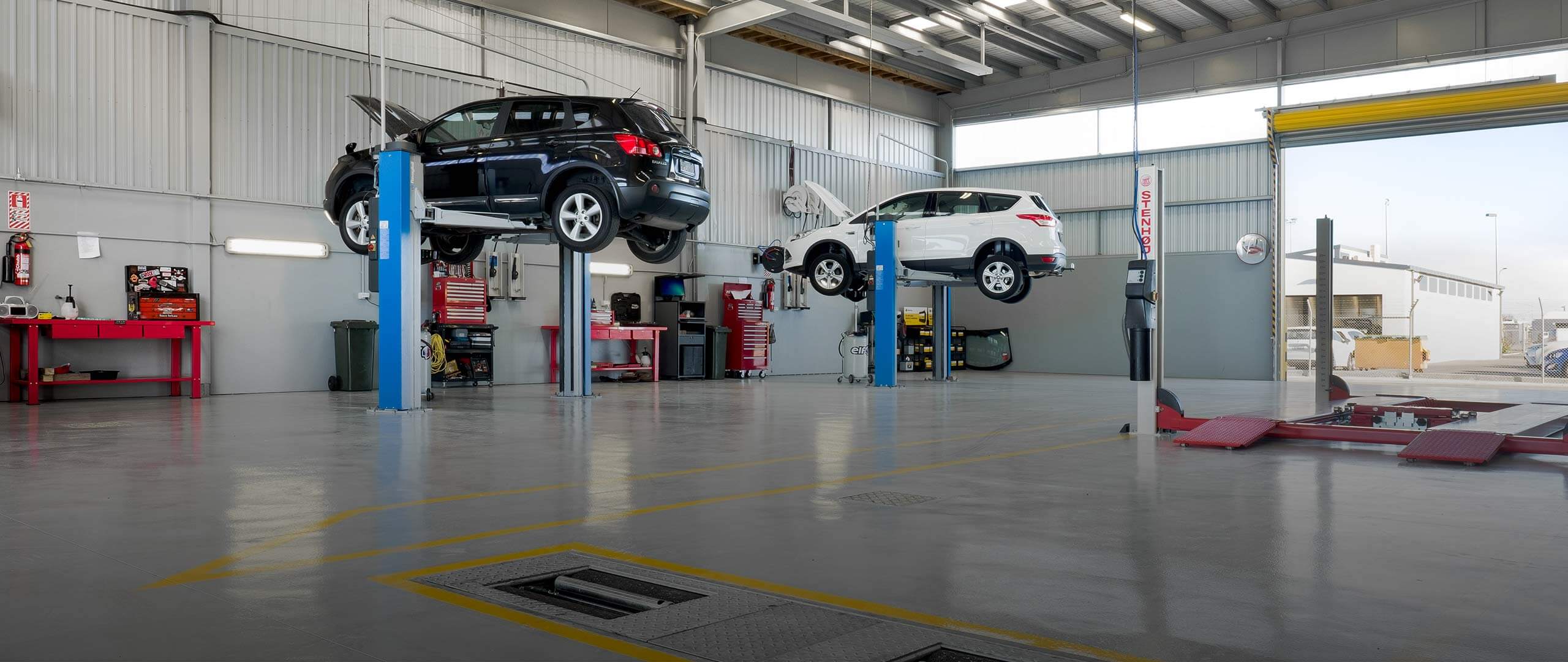Knowing your different engine oil types
While most people know to check the owner’s manual to find out which kind of oil their car takes, we still get a fair few questions from AA Members that show there is still some confusion about the different oil grades, codes and qualities...

